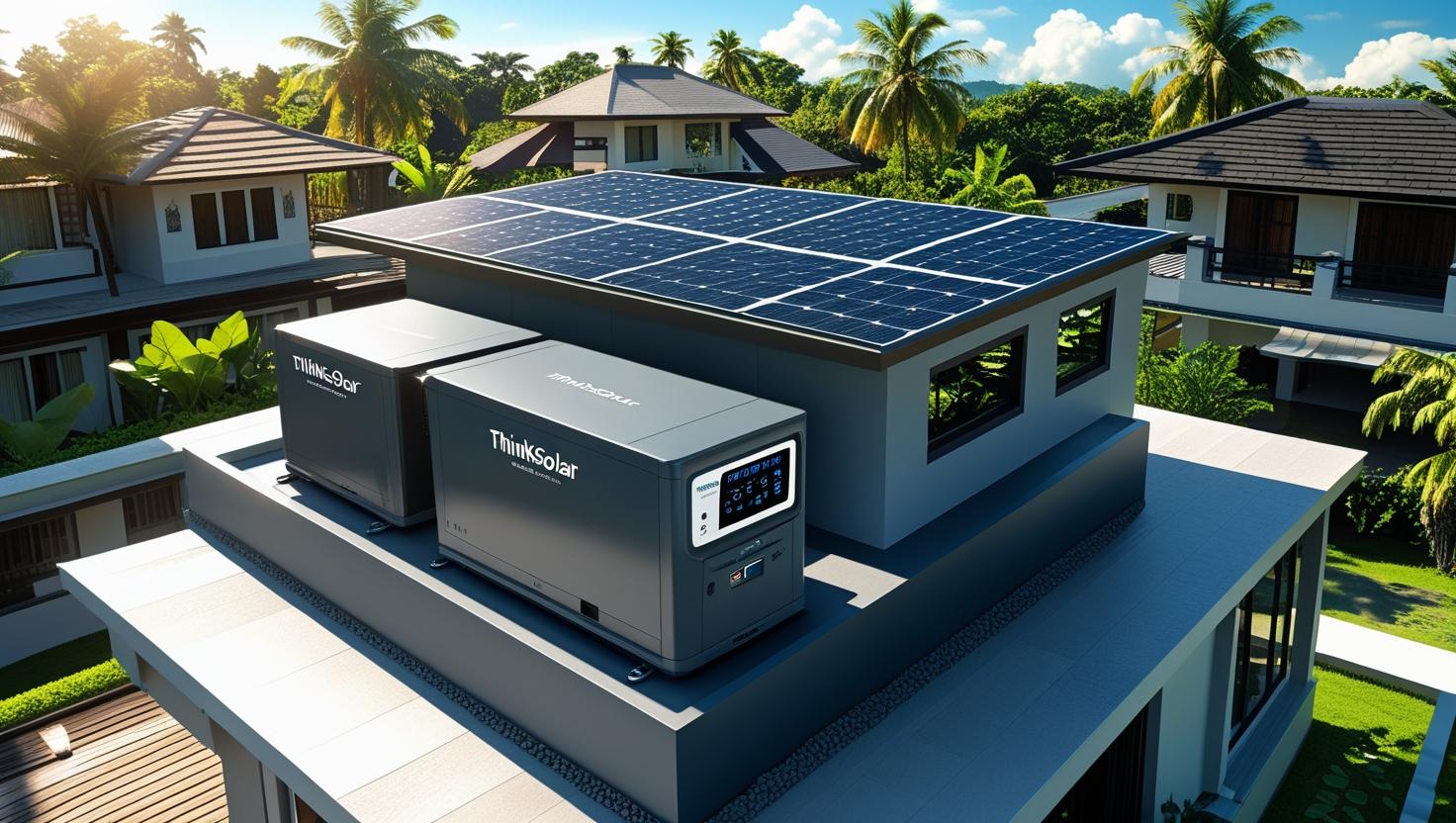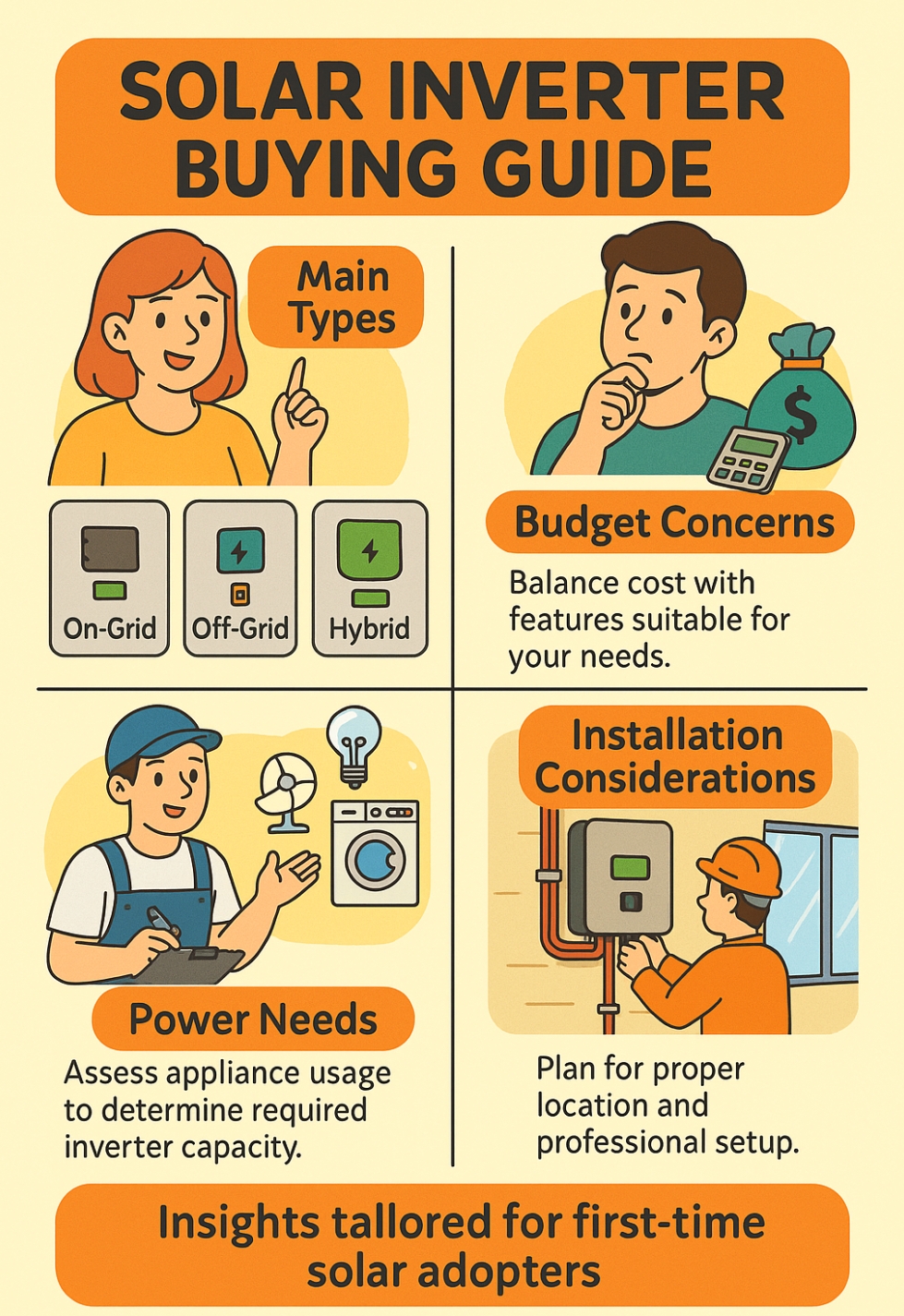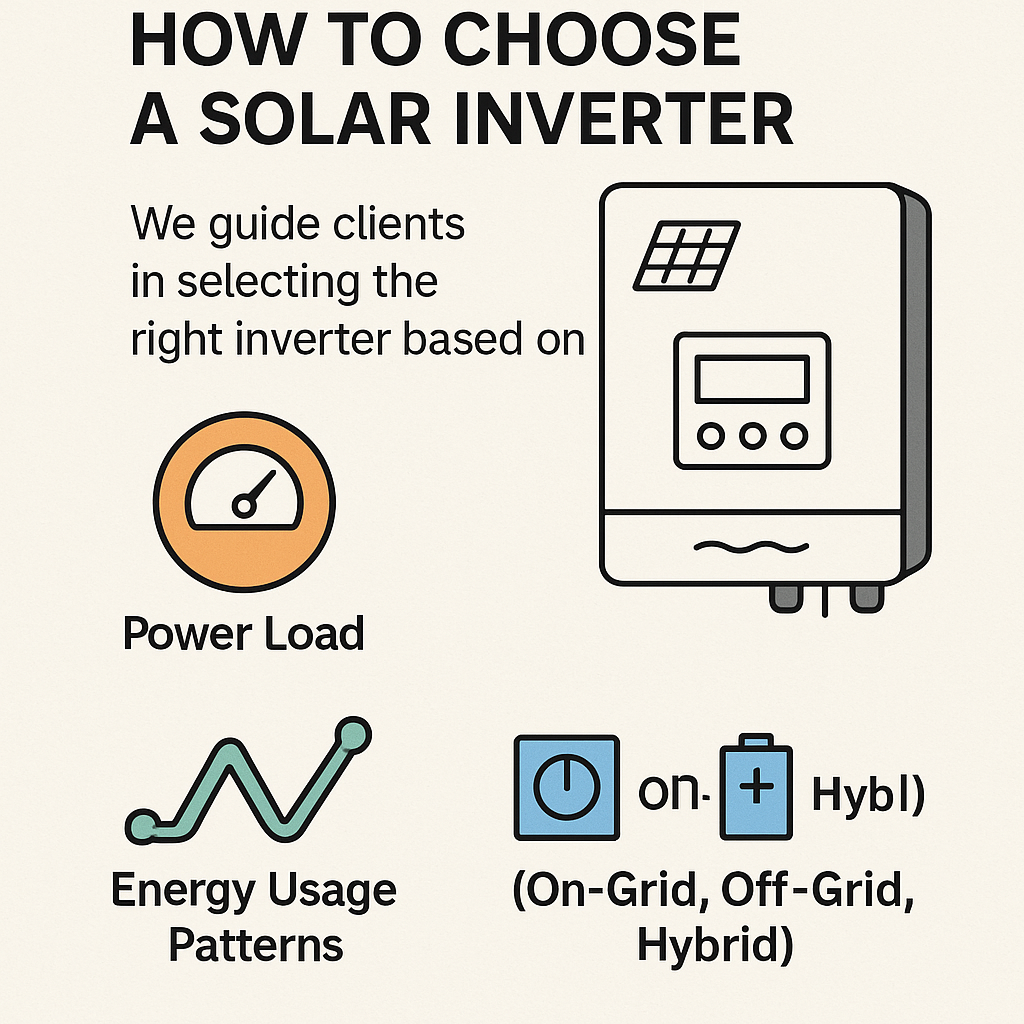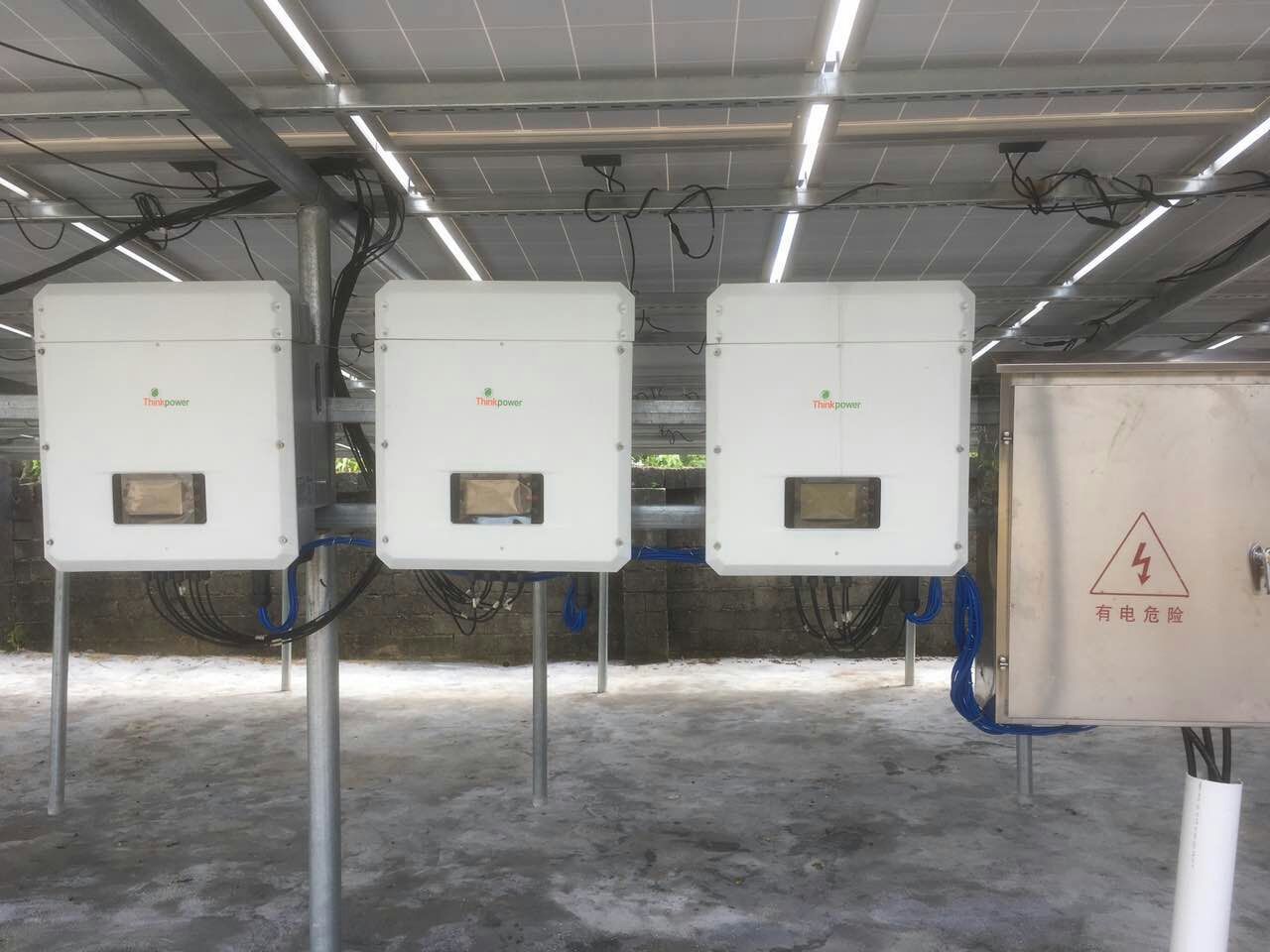
Power inverters are incredibly useful devices, converting DC power from sources like batteries or solar panels into the AC power that runs our everyday appliances. From off-grid living to emergency backup systems, their utility is undeniable. However, with this convenience comes a responsibility to prioritize inverter safety. These devices handle significant electrical currents, and without proper knowledge and precautions, they can pose serious risks. Understanding the potential dangers is the first step toward ensuring a safe and reliable power supply for your home, vehicle, or worksite.
Understanding Electrical Safety in Inverters
One of the most significant inverter hazards is the risk of electric shock. Inverters handle high voltages that can be lethal if mishandled. Poor installation, damaged cables, or attempting to service a unit without disconnecting the power source can lead to severe injury or death. Proper electrical safety in inverters starts with a professional installation, ensuring all connections are secure, insulated, and correctly grounded. Grounding is not just a formality; it's a critical safety feature that provides a path for fault currents to travel to the earth, preventing the inverter's chassis from becoming dangerously energized and protecting users from shock.
Overheating Inverters and Fire Hazards
Among the most common safety issues in inverters is the risk of overheating. The process of converting DC to AC power is not perfectly efficient and generates a substantial amount of heat. If this heat is not properly dissipated, the unit's internal temperature can rise to dangerous levels. The primary causes of overheating inverters include inadequate ventilation, overloading the unit beyond its rated capacity, accumulation of dust and debris blocking air vents, or internal component failure. This excessive heat creates significant inverter fire hazards, as it can ignite nearby flammable materials or cause the internal wiring and components to melt and combust, leading to a dangerous fire.
Recognizing Inverter Malfunction Risks
Beyond overheating and shock, various other inverter malfunction risks can cause damage to both the unit and the appliances it powers. An inverter failing to regulate its output can produce incorrect voltage or frequency, which can permanently damage sensitive electronics like computers, televisions, and medical equipment. Signs of a potential malfunction include unusual buzzing or humming sounds, frequent tripping of circuit breakers, or a noticeable drop in performance. Ignoring these warning signs increases the risk of catastrophic failure, which could result in equipment loss or create a hazardous electrical situation.
A Guide to Preventing Inverter Accidents
Fortunately, preventing inverter accidents is achievable through diligence and adherence to best practices. First and foremost, always choose an inverter from a reputable manufacturer that meets recognized safety standards. Ensure the inverter is correctly sized for your power needs to avoid constant overloading. Installation location is critical; the unit must be placed in a clean, dry, and well-ventilated area away from any flammable materials or fumes. Regular inspection is key. Periodically check that air vents are clear of dust and debris, and inspect all wiring for signs of wear, fraying, or loose connections. Never attempt to modify or repair an inverter yourself unless you are a qualified technician.
| Prevention Measure | Key Details |
|---|---|
| Choosing the Right Inverter | Select from reputable manufacturers meeting recognized safety standards; ensure correct sizing to avoid overloading. |
| Installation Location | Place in clean, dry, well-ventilated area; keep away from flammable materials/fumes. |
| Regular Inspection | Check air vents for dust/debris; inspect wiring for wear, fraying, or loose connections. |
| Avoiding Unauthorized Work | Never modify or repair the inverter unless qualified as a technician. |
Prioritizing Safety for Peace of Mind
While power inverters are essential tools for modern energy independence, their power demands respect. By understanding the primary dangers, such as electrical shock, fire, and malfunction, users can take proactive steps to mitigate them. A focus on professional installation, proper ventilation, regular maintenance, and correct usage is the foundation of inverter safety. Taking these precautions not only protects your valuable appliances and property but, more importantly, ensures the safety of you and those around you, providing true peace of mind.
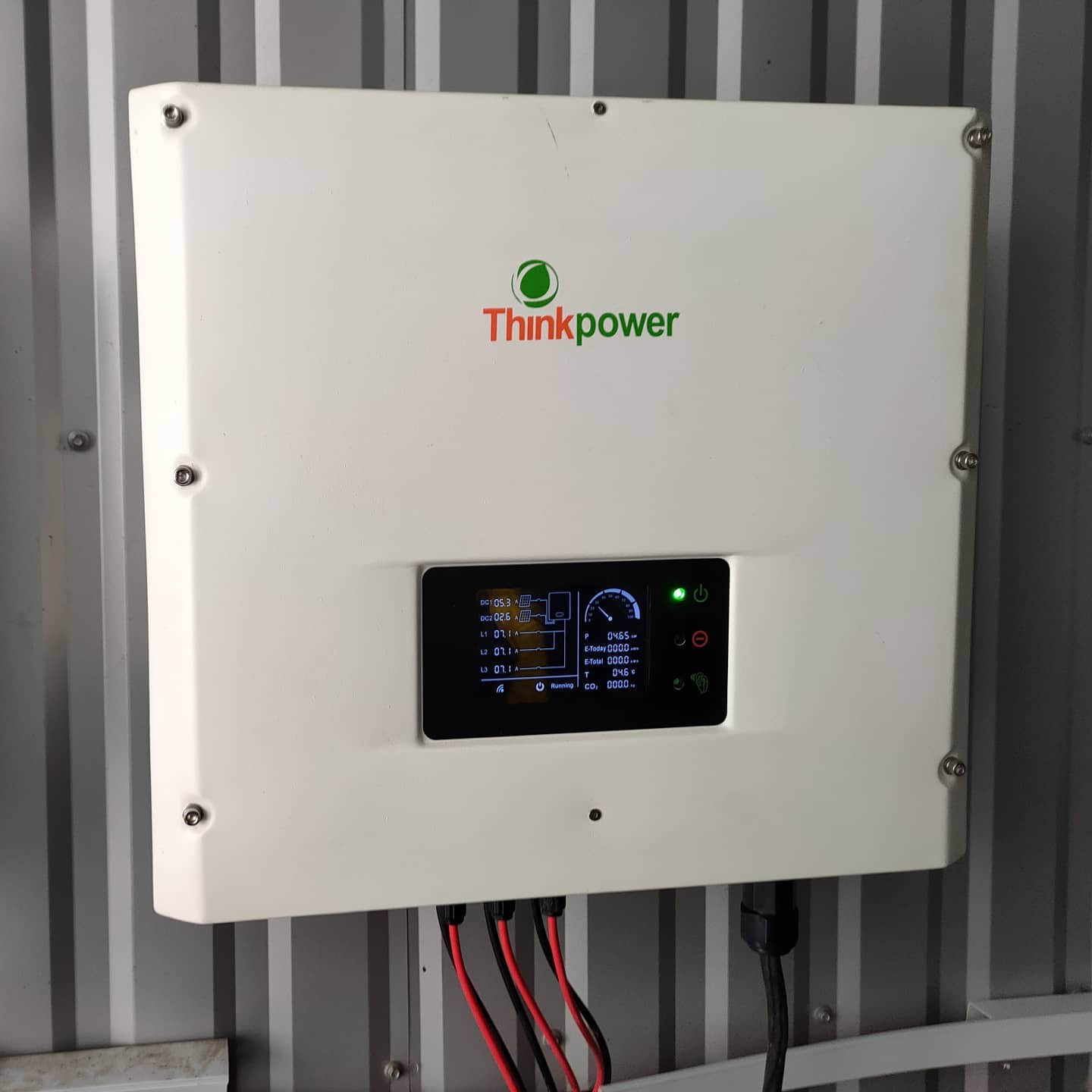
For more information on photovoltaic technology, please visithttps://youtu.be/JB56vgBNr6E?si=48ZjW1I9exvg7s-ofor detailed content.

